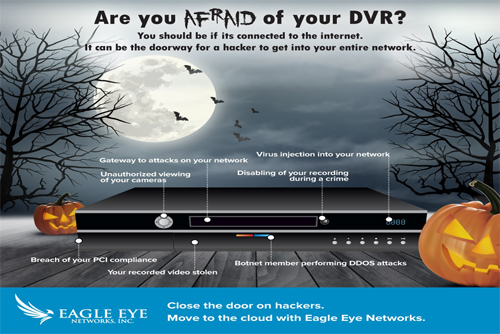
The WannaCry ransomware virus recently infected 160 computers in 11 different Connecticut government agencies, according to the state’s CIO.
The WannaCry ransomware virus infects computers by scrambling its data before the program displays a screen, which demands you pay money to gain back access to your files. Typically the price increases over time, until the end of a countdown, when the files are destroyed. The hackers are asking for payment in bitcoin, a cyber currency, which makes this ransomware attack unique.

In this WannaCry attack, IT staff were able to contain the malware within a couple of days, and most of the state’s government computers were safe thanks to regular patching and antivirus protection. However, this attack resulted in an in-depth review of network logs and detection systems to determine how the ransomware entered the network and spread.
Luckily, in this instance, there are no reports of lost data as a result of this breach in Connecticut, and its system has been restored from backups.
A similar breach last month to the Colorado Department of Transportation in Allentown, PA was not as lucky – estimates indicate that the effects of this breach will cost Allentown $1 million.
As cyber-attacks continue to morph, it’s essential to protect your equipment and maintain that protection. Cameras, DVRs, and other security equipment are all vulnerable. Instead of relying on your internal IT teams to continuously maintain and patch all of these devices, shift the cyber-protection workload to 3rd parties who specialize in cyber security.
Ref: https://gcn.com/articles/2018/02/26/connecticut-wannacry.aspx?s=gcntech_270218
Read More Cyber Security Blogs
Other posts that might interest you

145,000 DVRs Compromised
Several articles, including one by the Wall Street Journal, have recently reported that approximately 145,000 hacked DVRs and cameras were used to create some of the largest denial of service…
September 30, 2016
Are You Afraid of Your DVR?
You should be if it's connected to the internet. It could be the doorway for hackers to access your entire network. Once a DVR is compromised, it can be used…
October 31, 2016
DDOS Cyber Attacks Update
Last week hackers forced Brian Krebs to take down his security journalism site because of a large scale Denial of Service Attack - likely one of the largest ever seen.…
September 29, 2016








